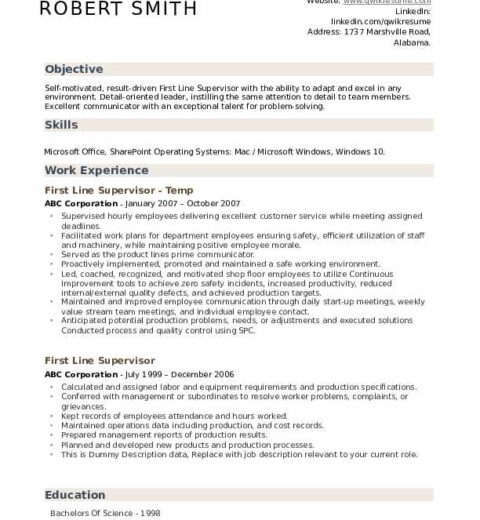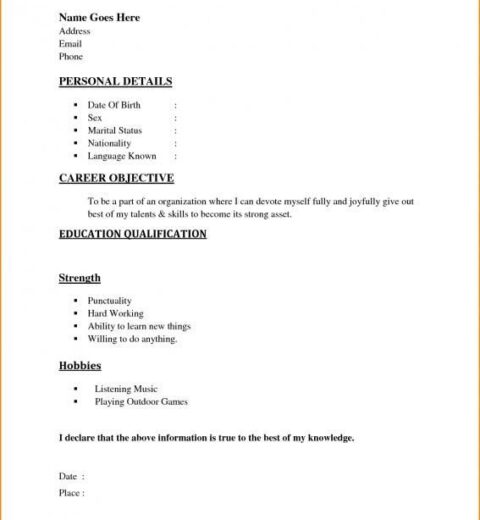When navigating the labyrinth of job applications, the question of whether to include a GPA on a resume frequently surfaces among recent graduates and seasoned professionals alike. The norm, particularly in the early stages of a career or when entering a new field, is to present one’s GPA as a metric of academic prowess. However, providing a GPA is not a universally beneficial choice; context is paramount. Here, we will delve into scenarios where including a GPA may serve as a valuable asset and instances where withholding this information might be more prudent.
First and foremost, let us dissect the essence of GPA. A Grade Point Average is a numerical representation of a student’s academic performance during their collegiate years. Typically categorized on a 4.0 scale, it encapsulates the grades received in various courses and offers employers a quantifiable metric to gauge one’s dedication and expertise in their field of study. However, the relevance of this figure is contingent on various factors, such as the phase of one’s career, the specific industry target, and individual accomplishments.
For recent graduates, especially those who have just sprouted from the academic cocoon into the professional world, a relevant GPA can serve as a beacon of light in an otherwise daunting job market. Presenting a favorable GPA—typically around 3.5 or higher—can not only showcase diligence and intelligence but also reflect a strong work ethic and commitment to academic success. In competitive fields such as engineering, finance, or technology, employers often use GPA as a preliminary filter during the hiring process. Thus, for those at the nascent stages of their careers, including GPA on a resume can augment their standing in a pool of equally qualified candidates.
Transitioning from the academic realm to the professional sphere, the trajectory one follows can influence the decision to include GPA significantly. As individuals ascend the corporate ladder, the emphasis on academic achievements diminishes, often yielding to a focus on practical experience and skills acquired through the years. For mid-career professionals, highlighting substantial projects, leadership roles, and industry-specific certifications tends to eclipse the significance of a GPA. Indeed, how one has leveraged their educational foundation within the context of real-world applications can speak volumes more than a numerical indicator of past performance.
Moreover, the relevance of a GPA can vary according to industry norms. For instance, jobs in academia or research sectors may scrutinize GPA levels more rigorously, as the academic pedigree often holds intrinsic value in these fields. Conversely, professions that prioritize innovation and creativity may place less weight on GPA, favoring portfolios, testimonials, and demonstrable skills rather than academic grades alone. Therefore, understanding the dynamics of the industry in question is essential in making an informed decision regarding GPA inclusion.
Yet, it is equally important to recognize instances where disclosing a GPA may not be advantageous. If one’s GPA lingers in the average or below-average range, including it on a resume could raise questions about competency, overshadowing more relevant achievements and skills. In such cases, it is advisable to pivot the focus toward applicable experience, soft skills, and unique projects that illustrate practical expertise and problem-solving capacities. Highlighting improved performance in real-world scenarios can paint a richer picture of a candidate’s potential than a lackluster GPA could convey.
Another pivotal consideration is the age and relevance of the degree. In fields characterized by rapid advancement, such as technology or data science, a degree that is several years old may bear less resemblance to current competencies. Therefore, if the GPA is derived from an older qualification, it may be more strategic to omit it altogether and concentrate on up-to-date skills and accomplishments. This strategy demonstrates adaptability, a crucial trait in today’s fast-paced professional landscape.
Furthermore, if one has pursued additional education or professional development, achieving certifications or advanced degrees, it is often more relevant to showcase these qualifications rather than rely on a GPA from an undergraduate degree. Advanced credentials can not only signal a commitment to lifelong learning but also indicate specialized knowledge that may align more closely with specific job requirements.
In conclusion, the decision to include a GPA on a resume is multi-faceted and should be approached with meticulous consideration of context, relevance, and personal achievements. For recent graduates seeking to bolster their applications, a strong GPA can enhance credibility and pave the way into competitive job markets. Conversely, seasoned professionals should prioritize their practical experiences and distinctive skills over numerical representations of academic history. As one navigates the complexities of career advancement, the ability to articulate one’s value through the lens of relevant accomplishments, rather than solely through collegiate grades, is imperative for fostering meaningful connections with potential employers.
Ultimately, understanding when to feature a GPA requires an insightful evaluation of both one’s own profile and the expectations of the industry in which they aim to thrive. With the right approach, a resume can transform from a mere list of credentials into a compelling narrative of one’s professional journey.




